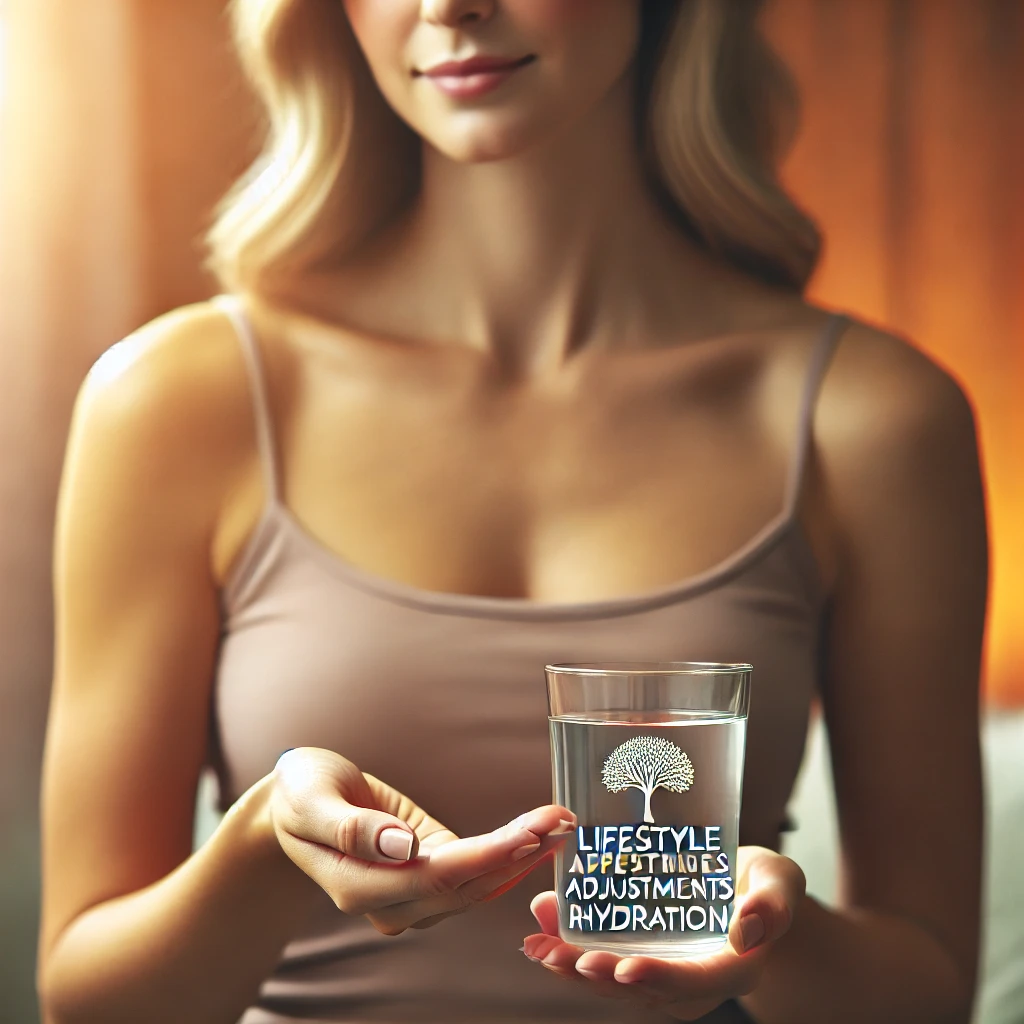Understanding the Link Between Sex and Cystitis
For many, the joy of intimacy is occasionally disrupted by an uncomfortable aftermath – cystitis. Known as “honeymoon cystitis,” this condition often occurs after sexual intercourse due to bacteria entering the urinary tract. While it can affect anyone, women are particularly prone due to the anatomical proximity between the urethra and genital area. By understanding what triggers post-coital cystitis, you can take steps to reduce your risk.
Recognizing Symptoms of Post-Coital Cystitis
After sexual activity, you might notice symptoms like:
- Frequent urge to urinate
- Pain or burning sensation when urinating
- Cloudy or strong-smelling urine
- Lower abdominal pain
These symptoms can range from mild to severe. If they persist for more than a day or become increasingly uncomfortable, it’s essential to seek medical advice. At AMAE Clinic, we offer consultations and guidance on urinary health to help you find relief and understand preventive measures.
Preventive Steps to Reduce Cystitis After Intercourse
While cystitis isn’t always preventable, there are simple habits you can adopt to reduce the risk. Here are some practical tips:
- Stay Hydrated: Drinking plenty of water helps flush out any bacteria in the urinary tract. Aim for 8-10 glasses daily, especially around the time of sexual activity. Hydration is your body’s natural defense against bacterial buildup.
- Urinate Before and After Intercourse: This step might seem small, but it can make a big difference. Urinating before sex clears out bacteria in the urinary tract, and urinating afterward helps flush out any bacteria introduced during intercourse.
- Consider Lubrication: Sometimes, friction during intercourse can irritate the urethra, making it more susceptible to bacteria. Using a water-based lubricant can help reduce this irritation. Avoid lubricants with fragrances or added chemicals, as these can irritate sensitive areas.
- Wipe Front to Back: Proper hygiene can be a powerful preventive measure. Always wipe front to back after using the restroom to avoid transferring bacteria from the anal area to the urethra.
- Choose Breathable Fabrics: Opt for cotton underwear and avoid tight clothing to keep the area dry and minimize bacterial growth. A simple change in fabric can go a long way in maintaining a healthy environment for your bladder.
Dietary Tips to Support Bladder Health
Believe it or not, your diet can also influence your bladder health. Incorporating bladder-friendly foods can help keep the urinary tract environment less hospitable to bacteria. Consider these additions to your meals:
- Cranberries and Cranberry Juice: Studies suggest cranberries may help reduce the risk of urinary tract infections. Opt for unsweetened cranberry juice or supplements for the best results.
- Vitamin C-Rich Foods: Oranges, kiwis, and bell peppers are high in Vitamin C, which helps acidify urine and make it less inviting to bacteria.
- Probiotics: Found in yogurt, kefir, and other fermented foods, probiotics support a healthy balance of good bacteria, which can positively impact urinary tract health.
At AMAE Clinic, we can offer more personalized dietary suggestions tailored to your needs, especially if recurrent cystitis is a concern. Feel free to reach out to one of our healthcare providers for guidance.
When to Seek Professional Help
If you experience recurrent post-coital cystitis, or if over-the-counter solutions aren’t effective, it’s crucial to consult a healthcare provider. Persistent infections may require a tailored treatment approach, including prescribed antibiotics or specialized preventive strategies. Our clinic is equipped to provide prescriptions and advice on managing recurrent cystitis, ensuring your comfort and health are prioritized.
Long-Term Lifestyle Changes for Better Bladder Health
In addition to the above tips, implementing some general lifestyle changes can also support urinary health:
- Limit Caffeine and Alcohol: Both can irritate the bladder. Instead, opt for herbal teas and plenty of water.
- Regular Check-Ups: A yearly visit to your healthcare provider, even if you aren’t experiencing symptoms, can catch any early signs of urinary health issues.
- Practice Relaxation Techniques: Stress can indirectly impact bladder health by affecting hormone levels and immune function. Techniques like yoga, meditation, and deep breathing exercises can help maintain a relaxed and balanced state, which is beneficial for your overall health.
Final Thoughts
Post-coital cystitis doesn’t have to dampen your intimate life. By taking proactive steps, staying hydrated, and practicing good hygiene, you can enjoy a more comfortable experience. Remember, AMAE Clinic is here to support your journey to optimal urinary health. We offer a range of services, from consultations to prescriptions, ensuring you have everything you need to feel your best.
